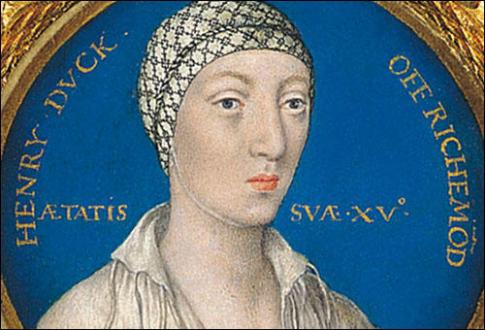When King Henry VIII was alive, he might have considered naming Henry FitzRoy, his illegitimate son with Lady Elizabeth Blount, his successor even without legitimizing it.
The fact that Henry VIII openly acknowledged his bastard and bestowed two dukedoms upon the boy doesn’t mean that the king wanted to legitimize him and add him to the succession. FitzRoy was officially acknowledged because Henry VIII thought the lack of a male heir was a slur upon his manhood and, thus, abandoned all discretion.
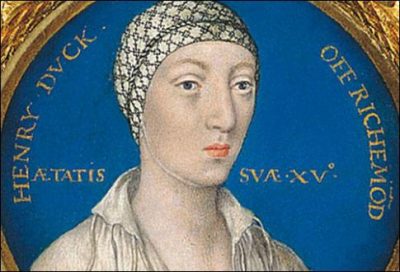
No plans to make FitzRoy Henry’s heir were openly discussed or firmly documented, and the only evidence we have is circumstantial. There is a remarkable clause in the Act for the Succession of 1536 (the Second Succession Act that was passed by the Parliament in June 1536) thatempowered Henry to bequeath the crown by means of his last will.
As of 1536, Henry had no legitimate offspring, and the Act gave him “full and plenary power and authority” to choose who would succeed him if he died without an heir of his body, by naming his successor in letters patent or in his last will. Some historians believe that Henry thought of making FitzRoy his heir if he didn’t have a legitimate healthy son.

If FitzRoy didn’t die in July 1536 and was still alive at the time of his father’s passing, he wound have remained illegitimate because the problem of the king not having a male heir was solved by Edward VI’s birth in 1537.
Had FitzRoy lived, he wouldn’t have been a legal heir unless Henry’s will made him so, which I believe is possible – Mary and Elizabeth were illegitimate, and the king included them in his will. I think that Henry VIII might have included FitzRoy in his final will if his son was still alive, at least because he would have wanted to guarantee that the Tudor line wouldn’t die out, even if illegitimate blood would course through the veins of Tudor kings.
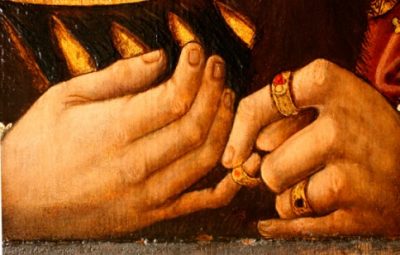
Where FitzRoy would have been ahead or behind Elizabeth or Mary would have depended on the Succession Act of 1543 (the Third Succession Act passed by the Parliament in July 1543). This document superseded the First Succession Act of 1533 and the Second Succession Act of 1536, returning both Mary and Elizabeth to the line of the succession behind their half-brother, Prince Edward. Maybe FitzRoy could have been placed in the line of succession ahead of Elizabeth and Mary just because he was a man, and I wouldn’t have been astonished if Henry VIII did that.
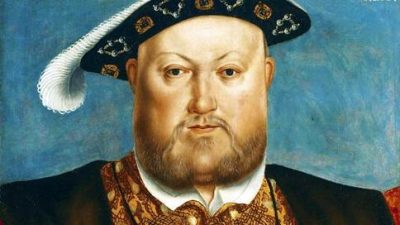
In an AU where Henry FitzRoy survives until Edward VI’s death, there are two main possibilities:
- FitzRoy might be an immediate heir to the throne after Edward VI’s death, if he is placed ahead of Elizabeth and Mary in the Succession Act of 1543. If FitzRoy has any surviving children, then they also go ahead Mary and Elizabeth who fall further in the line of succession.
- If FitzRoy is placed behind Elizabeth and Mary in the Succession Act of 1543, then Mary is an immediate heir to the throne after Edward VI’s death, with Elizabeth and FitzRoy being behind her. Heirs of Mary’s body go ahead of Elizabeth and FitzRoy’s children in the line of succession.
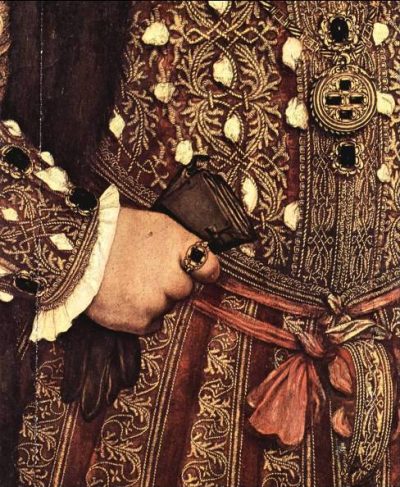
Henry VIII didn’t legitimize FitzRoy, and there is no proof that he was going to take this action. If FitzRoy was still alive during Edward VI’s reign, I don’t think that Edward would have legitimized him. His father didn’t do that, why should he? Even if Edward wanted to legitimize his illegitimate half-brother, which is highly unlikely, his uncles wouldn’t have allowed him to do that. FitzRoy would have been illegitimate, but his chances to become king would have dependedentirelyon his father’s last will and the Third Succession Act of 1543.
If FitzRoy is an immediate heir to the throne after Edwards’ death, he becomes King of England. I think the nobles would have accepted him as his sovereign because he was a man and because Henry VIII’s will was to have FitzRoy ahead of Mary and Elizabeth in the line of succession. I am sure that Mary would have tried to overthrow her bastard brother, thinking that she must be queen, but we don’t know whether she would have succeeded or not.

Mary had a strong support in England, especially among English Catholics, but she was a woman. The fact of FitzRoy being a man chosen by Henry VIII for accession in case of Edward VI’s death might have outweighed the love nobles had for Mary. Mary was the first queen regnant, and her accession was a test for the country that still remembered Matilda’s disastrous accession and the long years of anarchy and civil war during the reign of King Stephen. It is possible thatthe nobles wouldn’t have wanted to take risks of having a female monarch when FitzRoy was still alive.

